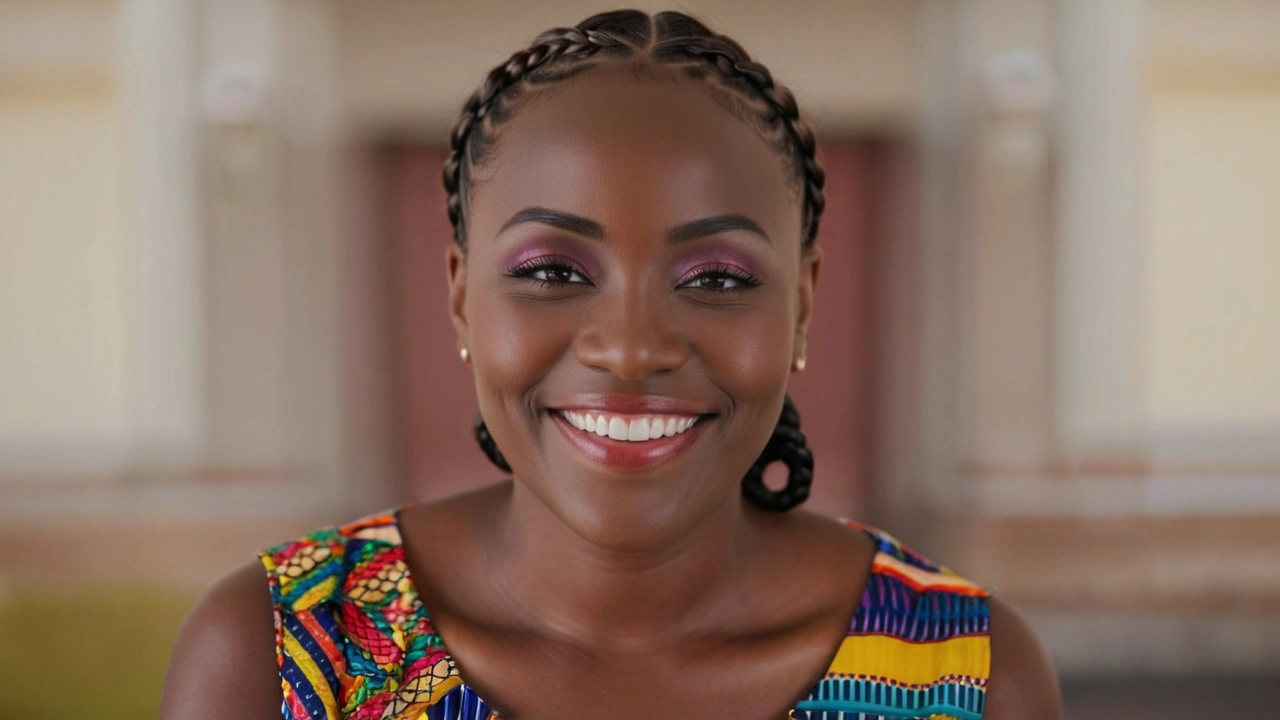Debt Clearance: Practical Steps to Clear Debt Fast
Stuck under bills and interest? Debt clearance means reducing what you owe until you're free of debt. You don't need an expensive plan or perfect timing—just a clear approach and a few realistic moves. This page gives simple, usable steps you can follow today, whether you live in South Africa or elsewhere in Africa.
Prioritize and Plan
First, list every debt: lender, balance, interest rate, and minimum monthly payment. Seeing the full picture helps you choose the best path. Pick one priority method: pay highest interest first (saves money) or pay smallest balance first (builds momentum). Either works—choose what keeps you motivated.
Create a bare-bones budget: rent, food, utilities, transport, and debt payments. Cut one or two non-essential costs and redirect that cash straight to debt. Even small extra payments reduce interest and shorten payoff time.
Steps That Actually Help
Negotiate with creditors. Call the lender, explain your situation, and ask for lower interest, a payment holiday, or a revised plan. Many banks and micro-lenders prefer getting something rather than nothing, so a realistic offer often gets accepted.
Consider debt consolidation if you can get a lower rate. That could be a personal loan or a balance-transfer card with a low introductory rate. Consolidation simplifies payments and can cut interest, but don’t add new credit on top of it.
Use formal debt counselling where available. In South Africa, for example, registered debt counsellors work under the National Credit Act to reorganize payments and protect you from legal action. Look for accredited counselors and check reviews before you sign anything.
If you have assets and overwhelming unsecured debt, talk to a legal advisor about formal solutions like sequestration or negotiated settlement. These are serious steps with long-term credit impact, so get clear advice first.
Build a tiny emergency fund while you pay down debt. Even R1,000–$100 can stop small shocks from forcing you back into borrowing. Treat that fund as a buffer that protects your debt plan.
Watch fees and avoid payday loans. High-cost short-term loans make debt worse fast. If a lender pressures you with hidden fees or threats, report them to local consumer protection bodies.
Keep mental health in view. Debt wears you down. Talk to a trusted friend, a community advisor, or a counsellor. Small wins—one cleared account, one successful negotiation—boost confidence and help you keep going.
Want tailored next steps? Start by listing your top three debts and how much extra you can pay each month. That simple snapshot makes it clear whether consolidation, negotiation, or debt counselling fits you best.
Stay practical, act regularly, and track progress. Debt clearance is a series of small, steady moves, not one big miracle. Take the first step today—write your list and pick one payment to increase this month.
Deborah Barasa’s Urgent Debt Resolution Could Influence Her Health CS Nominee Confirmation
Dr. Deborah Barasa, President William Ruto's nominee for Health Cabinet Secretary, faced a significant challenge in her confirmation process due to an outstanding Sh80,050 debt to the KMPDC. Following social media scrutiny, she swiftly settled the debt and was reinstated on the KMPDC register, paving the way for her potential confirmation by Parliament.
